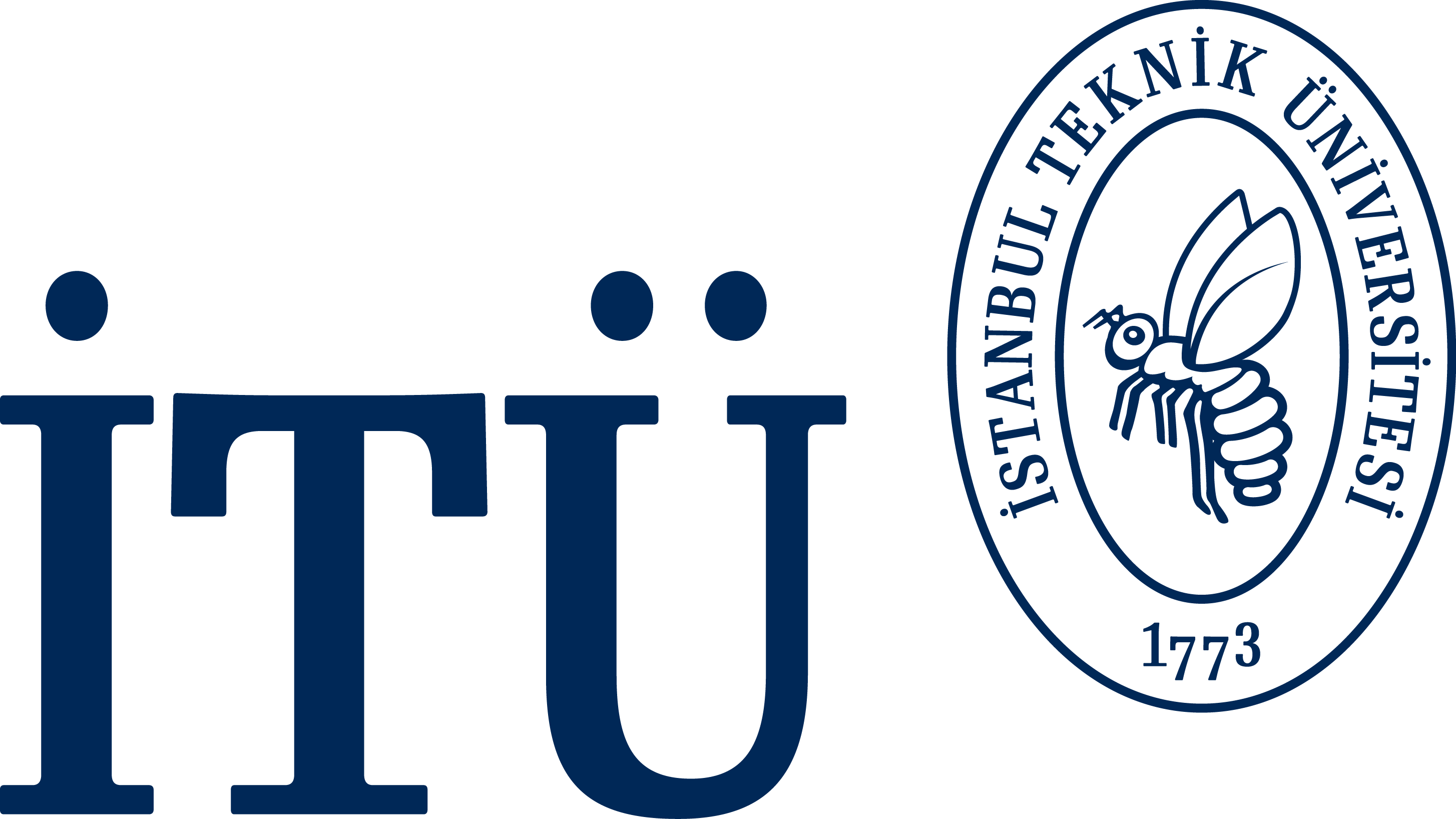
|
DERS PROGRAMI FORMU
|
Son Güncelleme (Last Update)
27.02.2023
|
| Dersin Adı: Mühendislik Matematiği | Course Name: Engineering Mathematics |
| Kod (Code) |
Yarıyıl (Semester) |
Kredi (Local Credits) |
AKTS Kredi (ECTS Credits) |
Ders Uygulaması, Saat/Hafta (Course Implementation, Hours/Week) |
||
| Ders (Theoretical) |
Uygulama (Tutorial) |
Laboratuvar (Laboratory) |
||||
| MAT 210/E | 3, 4 | 4 | 5.5 | 4 | 0 | 0 |
| Bölüm / Program (Department / Program) |
Matematik / Tüm Programlar
(Mathematics / All Programs) |
||
| Dersin Türü (Course Type) |
Zorunlu
(Compulsory) |
Dersin Dili (Course Language) |
Türkçe / İngilizce
(Turkish / English) |
| Dersin Ön Koşulları (Course Prerequisites) |
MAT102-E / MAT104-E / MAT287-E min DD | ||
| Dersin Mesleki Bileşene Katkısı, % (Course Category by Content, %) |
Temel Bilim ve Matematik (Basic Sciences and Math) |
Temel Mühendislik (Engineering Science) |
Mühendislik / Mimarlık Tasarım (Engineering / Architecture Design) |
Genel Eğitim (General Education) |
| 60 | 40 | - | - |
| Dersin Tanımı (Course Description) |
Matrisler ve Lineer Denklem Sistemleri, Vektör Uzayları, Özdeğerler ve Özvektörler, Birinci Mertebeden Diferansiyel Denklemler, Yüksek Mertebeden Lineer Diferansiyel Denklemler, Laplace Dönüşümleri, Birinci Mertebeden Lineer Diferensiyel Denklem Sistemleri. |
| Matrices and Systems of Linear Equations, Vector Spaces, Eigenvalues and Eigenvectors, First Order Differential Equations, Higher Order Linear Equations, The Laplace Transform, Systems of First Order Linear Differential Equations. | |
| Dersin Amacı (Course Objectives) |
|
|
|
| Dersin Öğrenme Çıktıları (Course Learning Outcomes) |
Bu dersi tamamlayan öğrenciler aşağıdaki becerileri elde eder:
|
Students completing this course will be able to:
|